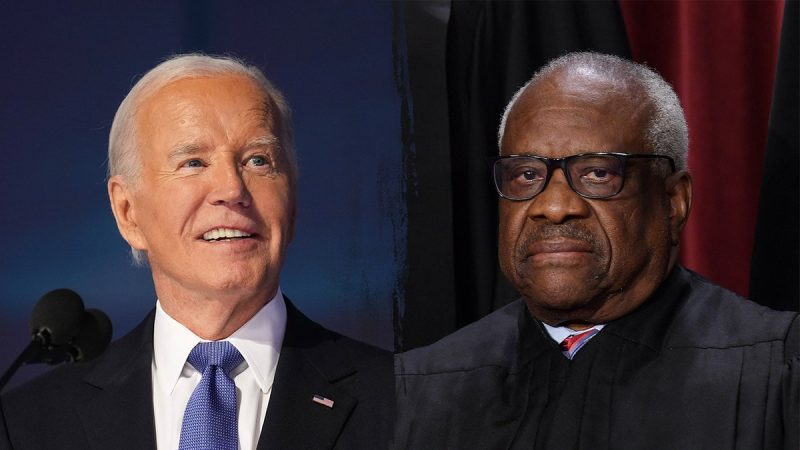In a move that has sparked heated debate across political circles, President Joe Biden recently enjoyed a weekend getaway at the luxurious California estate of longtime friend and top Democratic donor Geoff Palmer. The private jaunt, which was reportedly part of a fundraising trip for the Democratic National Committee, has drawn criticism from various quarters, with critics pointing to the optics of a high-profile politician seemingly benefitting from the generosity of wealthy individuals.
The issue of politicians accepting gifts, hospitality, or lodging from donors or well-connected individuals is not a new phenomenon in American politics. However, it often raises questions about the boundaries between personal relationships and official responsibilities, as well as concerns about the influence of money on political decisions.
One of the key arguments put forth by critics of Biden’s stay at Palmer’s mansion is the perceived conflict of interest that such arrangements may engender. The optics of a sitting president enjoying a lavish weekend at a friend’s sprawling estate can raise suspicions about potential favors being exchanged behind closed doors. While there may not be any concrete evidence of impropriety in this particular case, the perception of cozy relationships between politicians and wealthy donors can erode public trust in the integrity of the political system.
Furthermore, the issue of transparency and accountability comes to the fore when politicians accept expensive gifts or hospitality from private individuals. Even if there are no direct quid pro quo arrangements in place, the lack of transparency about these interactions can sow doubts about the motivations of elected officials and the extent to which they may be beholden to wealthy interests. In a democracy built on principles of equality and fairness, it is crucial for public officials to uphold high ethical standards and avoid any perception of favoritism or special treatment.
On the other hand, defenders of Biden’s weekend retreat argue that personal friendships and social connections are an inherent part of political life. It is not uncommon for politicians to forge close relationships with individuals who share their values and support their causes. In this context, accepting hospitality from a friend may be seen as a personal gesture rather than a political favor. Moreover, the need to fundraise for political campaigns and party activities often puts politicians in contact with donors and supporters who are capable of providing financial support or in-kind contributions.
While the ethical gray areas surrounding politicians and wealthy donors are unlikely to disappear anytime soon, it is essential for public officials to maintain a clear separation between personal relationships and official duties. Transparency, accountability, and a commitment to upholding the public interest should always take precedence over personal connections and private benefits. By adhering to these principles, politicians can help rebuild trust with the electorate and demonstrate their commitment to serving the common good, free from the taint of special interests.

